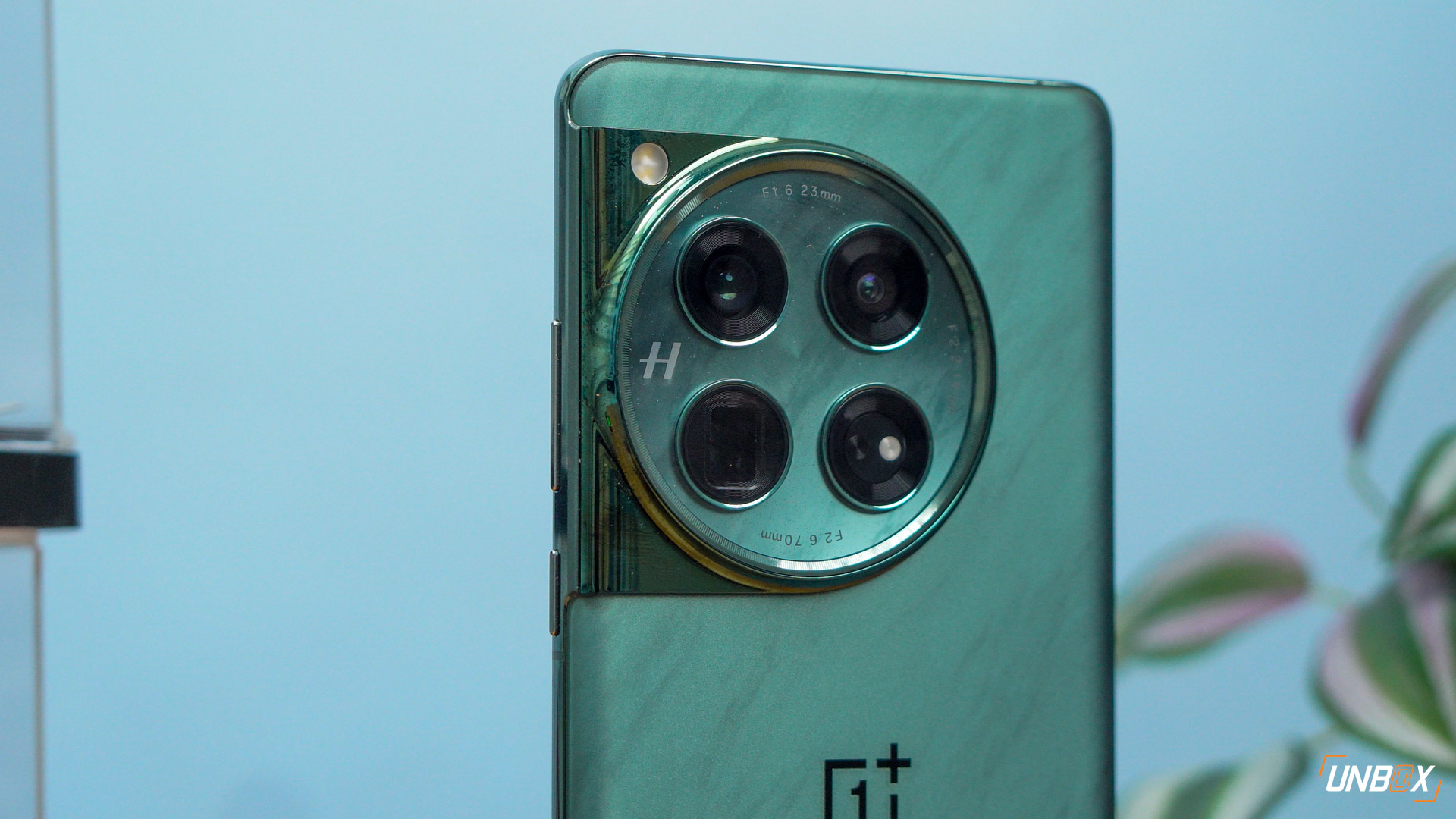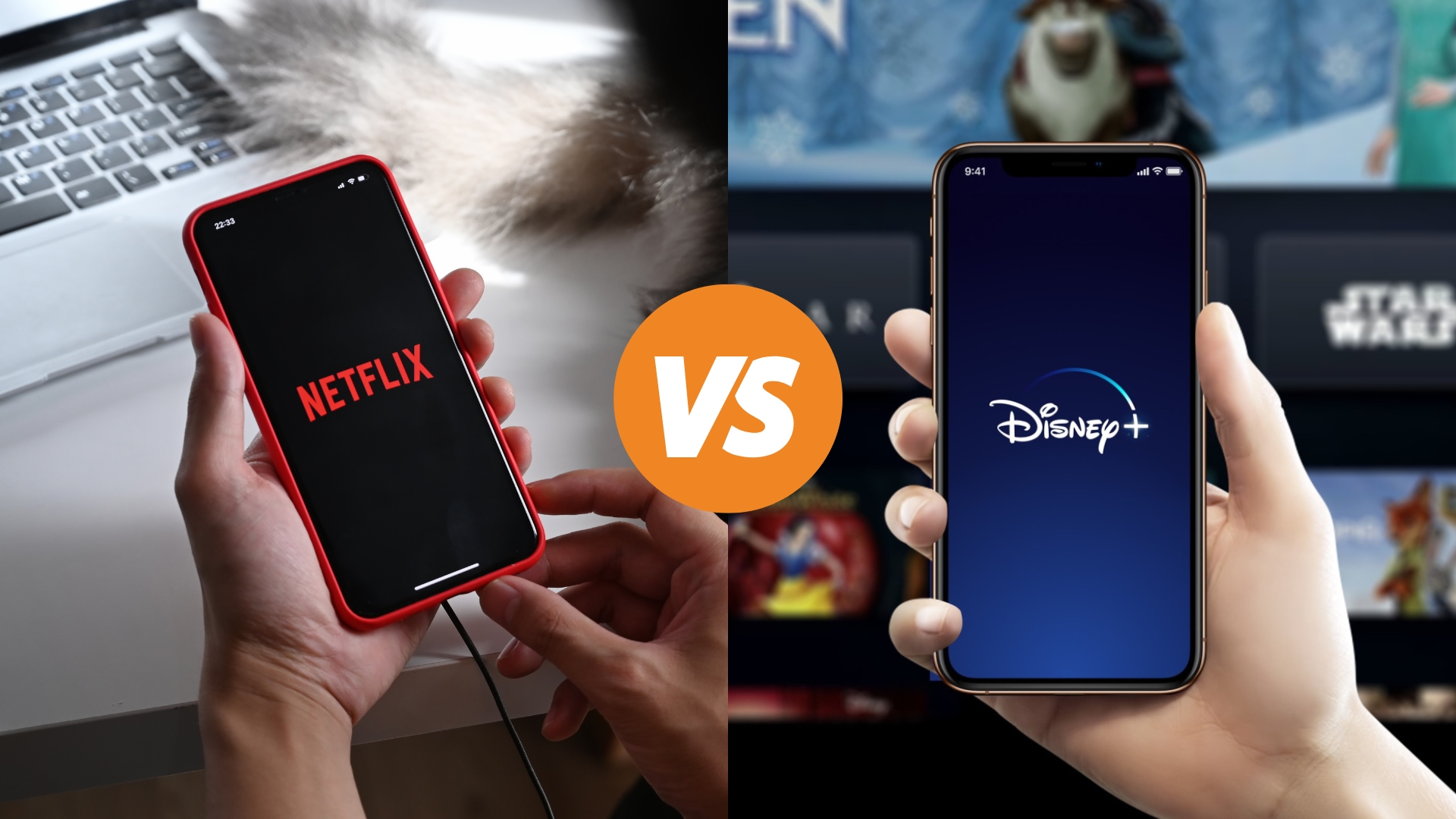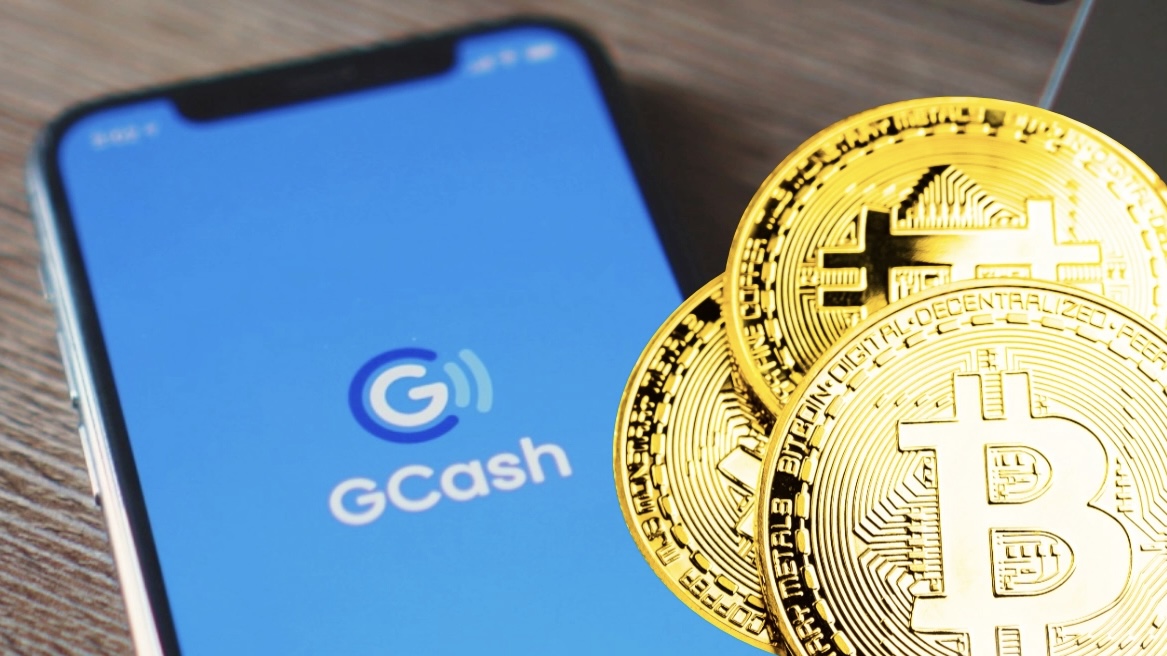Every time we come across news that a platform that’s long dead come back to life, we get excited about it. Nostalgia can affect the emotions of people so much, that some fail to realize how it can be dangerous–especially with how scammers are actually using it as a weapon to victimize people.
Such was the case when we covered a story about the supposed comeback of Friendster. Practically everyone (us included) fell into the nostalgia trap that Friendster is back from the dead after ceasing to exist as a social networking site since 2011 (they were a social gaming site until 2018). The slow load times and the fact that it was based on a WordPress platform did not stop people from visiting and making an account–until several media outlets and cybersecurity experts did their due diligence in researching the suspicious “new” Friendster platform and expose that it’s a potential phishing site.
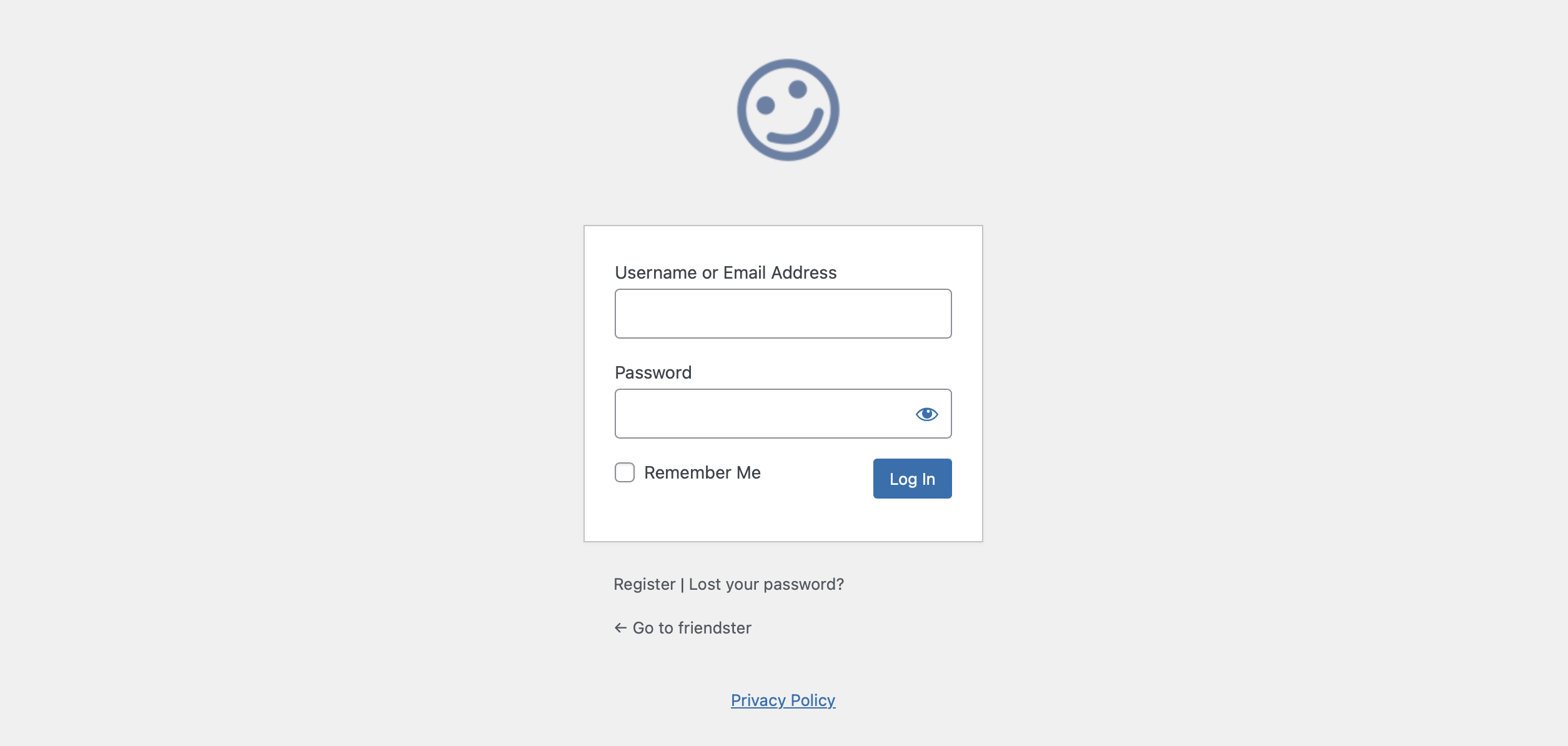
By the mere fact that it’s based on a WordPress platform (on top of all the red flags we spotted as we did a deep dive on the alleged owners of the “new” Friendster platform), hackers can easily penetrate the site and steal the data of users–of which hackers can potentially use to exploit them in exchange for money. In a nutshell, the “New” Friendster is a form of scam baiting, where scammers bank in with sheer nostalgia to lure people to patronize the platform.
The use of nostalgia as a new weapon of scammers is very dangerous: while it can be comforting, nostalgia is a double-edged sword, where people who become too nostalgic can forget about critical thinking–and will be prone to make big mistakes in the process.
Make no mistake: this is not the first instance that nostalgia is used to lure people into trying these “resurrected” platforms–only to realize that it’s a potential phishing scheme. One of these includes the resurgence of E-Games a few months ago.
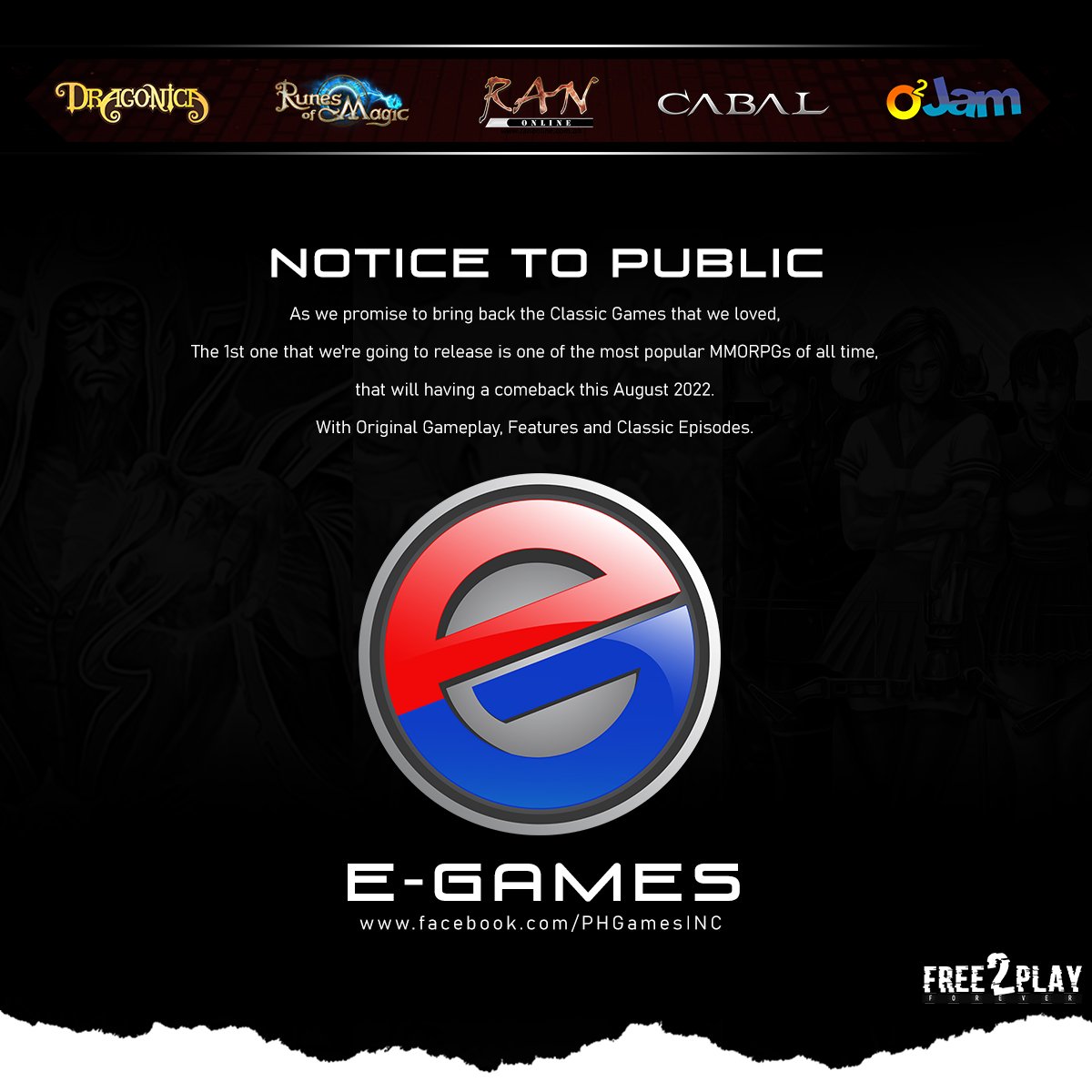
While people–mostly millennials–were excited about it, some media outlets called it out, especially since most E-Games titles have already ceased development, and that Cabal (and all its iterations) is licensed under PlayPark. While the unofficial (or rather illegal, since it appears to be a private server) operations of E-Games are still ongoing, we still caution people to stay away from it as much as possible–even if we have yet seen reports of players having compromised accounts or losing real money in the process.
As of this writing, the unofficial E-Games is running RAN Online on a private server, and it remains to be seen if the developers behind it will suddenly abandon its player base. We’re wary about the “resurrected” E-Games community especially with players spending real money for games that are unofficial.

Being an unofficial revival means not just the game (RAN Online in this case) to be riddled with bugs and glitches, but there’s that inevitable possibility that people who spend in the game might lose their hard-earned money–and accounts–in the process.
(Related: What To Do When You’ve Been Scammed Via GCash)
Given how the unofficial E-Games and the “new” Friendster are some of the ways scammers are banking on nostalgia to lure people, we fear that this might be their new tactic when it comes to text and email scams: the annoying gambling-related text scams we receive might get replaced with something that will make us remind about the past.
What’s our advice, then? Aside from simply just avoid them regardless of how nostalgic they are, people should do their due diligence by researching these new online platforms and scrutinizing them for any possible red flags. Remember: critical thinking is very important, and it should always reign over yearning for the “good times” of the past.
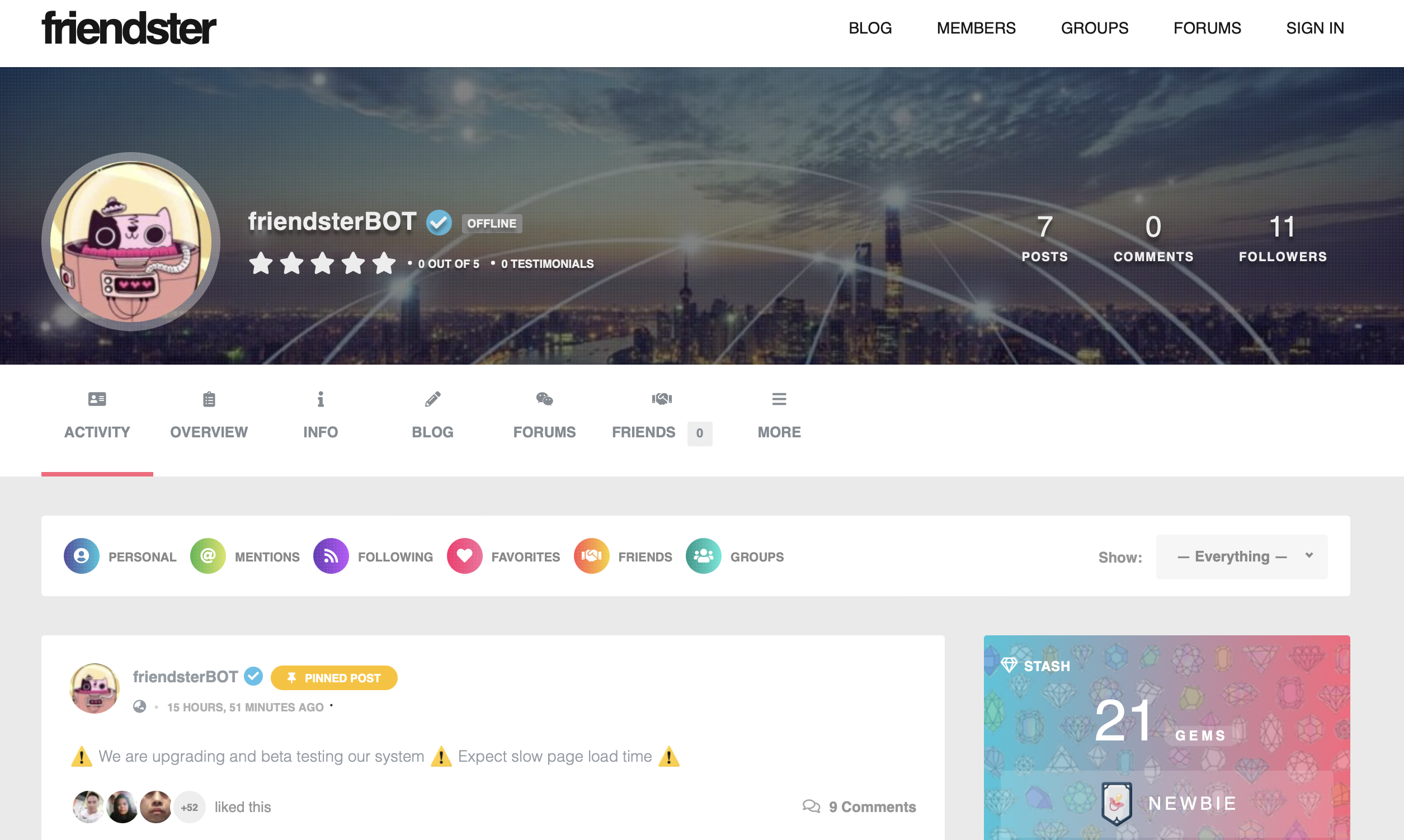
After the whole “new” Friendster scheme, we don’t what other nostalgia-inducing platforms these scammers are planning–we hope they don’t even think of resurrecting Multiply and luring millennials again for a similar scheme.







